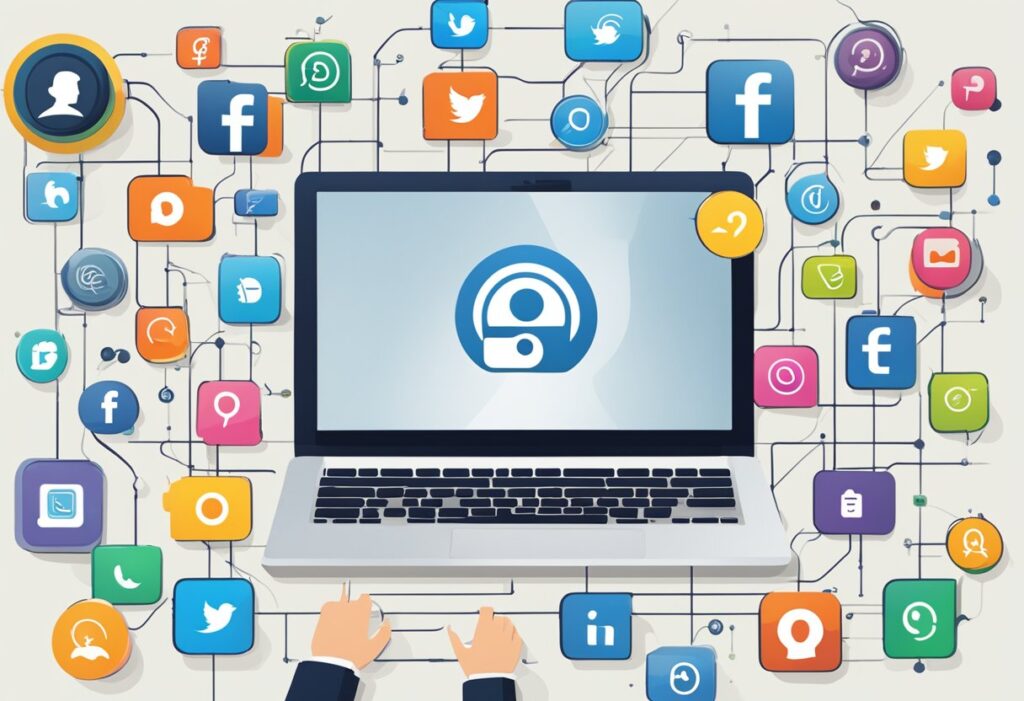
Introduction
Hi everyone! My name is Jen Dixon, and Im a third year student who is studying a combined major in Psychology and Computer Science. I’ve always been fascinated by how people think and how technology can shape our behaviour so bridging these two fields has been a perfect match for me. One key experience that’s shaped my educational journey is learning to balance two very different disciplines. Psychology helps me understand human motivation and cognition, while Computer Science challenges me to think logically and build tools that can support those behaviours. This dual perspective has made me especially curious about the role of digital environments in learning.
How Social Media Has Shaped My Learning
Social media has honestly had a huge impact on the way I learn especially as someone who is doing both Psychology and Computer Science. It’s changed how I find information, interact with ideas, and even how I stay motivated.
I use platforms like YouTube and Reddit almost daily for learning. If I’m stuck on a concept in one of my computer science courses like recursion or how dictionaries work in Python I’ll usually look it up on YouTube first. Watching someone explain it visually step by step definitely makes way more sense to me than rereading the course notes. When I need to find a better way to solve a problem, Reddit and Youtube are lifesavers because you can see what other people have tried, what works, and what doesn’t.
In psychology, I follow researchers and educators on TikTok who post about the latest studies, summaries of experiments, or even threads that break down complicated theories in a simple way. I’ve also come across mini explainers on Instagram that cover things like memory, cognition, and social psychology usually in under a minute. That kind of content doesn’t replace what I learn in class, but it reinforces it in a way that’s quick and easy to digest.
Interactive Learning

What I really like about using social media to learn is how interactive it makes everything. I’m not just passively reading or watching content I’m actually engaging with it. Sometimes I leave a comment, save something to come back to later, or send it to a friend in my class so we can talk about it. It makes studying feel less like I’m doing it alone and more like I’m part of a bigger learning community.
Another big reason I rely on social media is that it lets me learn at my own pace. If I don’t get something the first time, I can pause a video, rewind it, or check out related posts that explain the topic in a different way. That kind of flexibility is super helpful, especially when I have a lot of assignments or trying to catch up after falling behind.
This connects to a video I watched called Why Is Interactive Learning Important for Student Engagement. It talks about how learning becomes more effective when students are active participants instead of just passive listeners. That really resonated with me because that’s exactly how I use social media when I study clicking, exploring, asking questions, and actually being part of the learning process. It helps me stay engaged and remember more of what I’m learning.
Benefits of Using Social Media for Educational Purposes
- Enhanced engagement: Platforms like TikTok or Instagram can make concepts more approachable and relatable, especially for visual or auditory learners.
- Peer support: Social media reduces isolation students can ask questions, share resources, or study together even outside class.
- Access to a wider range of resources: From helpful threads to expert Q&As students can go beyond the textbook and see how ideas work in real life.
- Self paced learning: You can pause, replay, or revisit posts and videos anytime which is helpful if you’re juggling other responsibilities.
- Skill building: Creating educational posts or projects helps students practice communication, critical thinking, and digital literacy.
Challenges of Using Social Media in Education
- Distraction: It’s easy to get pulled into unrelated content and lose focus.
- Misinformation: Not everything on social media is accurate or peer-reviewed, so students need to think critically about what they read or watch.
- Privacy concerns: Sharing too much personal information can create risks, especially on public platforms.
- Equity issues: Not all students have equal access to reliable internet or devices.
- Blurring boundaries: It can be hard to keep personal and academic life separate, especially if classmates or instructors are also part of your social network.
Here I will add a link that can give more insight to the pros and cons of using social media in classrooms https://www.btooz.com/article/content/4jb1c0?utm_source=chatgpt.com
Conclusion
As a student of both Psychology and Computer Science, I’ve found that learning doesn’t just happen in the classroom it happens everywhere, especially online. Social media has transformed how I engage with what I’m learning. Whether it’s watching a quick YouTube video on a concept I missed in lecture, joining academic threads on Reddit or saving infographics on Instagram for later, platforms like these have made my learning more interactive, personalized, and collaborative.
Of course, there are challenges like knowing when to unplug or verifying information but with critical thinking and good digital habits, the benefits far outweigh the drawbacks. Platforms like TikTok and Reddit aren’t just distractions they can be powerful tools for education when used intentionally.
Leave a Reply